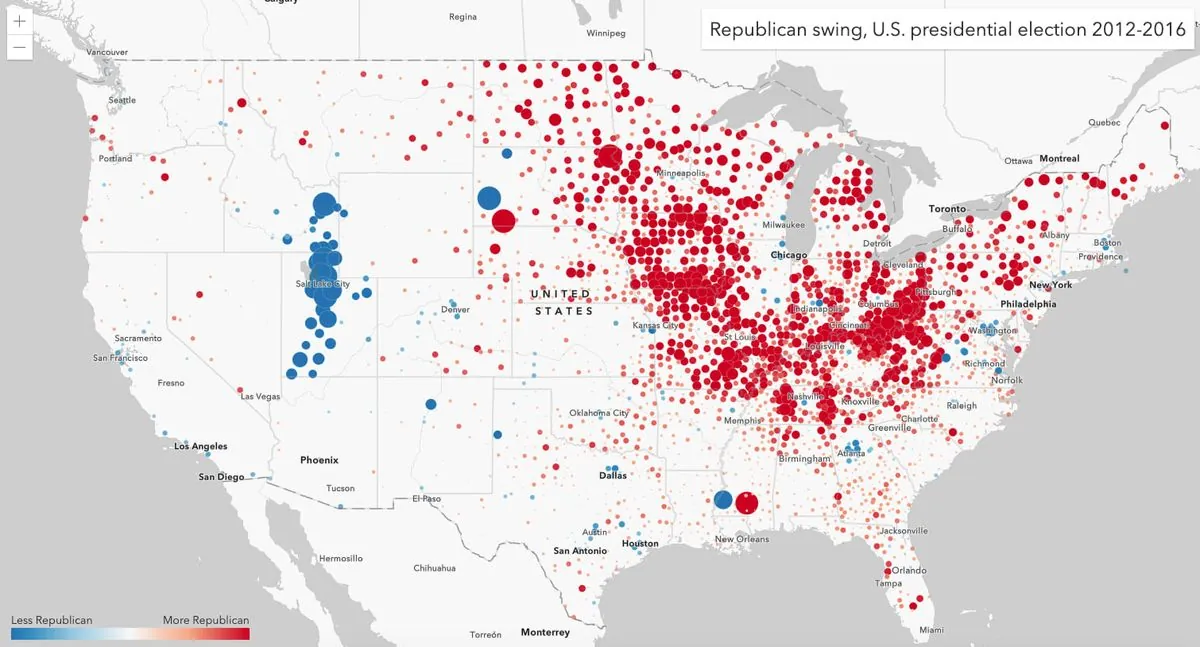Census and Demographics: Subtle Shifts in the 2024 Electoral Landscape
The 2020 census and demographic changes could impact the 2024 U.S. election. Shifts in population, naturalization rates, and age distribution may influence outcomes in key states.

The 2020 U.S. census, coinciding with the presidential election, has set the stage for potential shifts in the 2024 electoral landscape. This decennial count, mandated by the Constitution, not only reallocates House seats but also adjusts the distribution of electoral votes.
A comparative analysis reveals that if the 2024 election results mirrored those of 2020, Kamala Harris would face a six-vote reduction in the electoral margin compared to Joe Biden's victory. This change stems from the redistribution of House seats and electoral votes from predominantly Democratic-leaning states to those favoring Republicans.
Demographic changes add another layer of complexity to the electoral equation. Recent reports indicate an increase in naturalization rates, with the government expediting citizenship applications. While this development has sparked discussions about its potential impact on the electorate, it's crucial to view these changes in context.

An examination of population data from 2020 to 2024 reveals several key trends:
- Many states have experienced a decrease in the 18-64 age group.
- All states have seen growth in the 65+ population.
- Naturalized citizen numbers have uniformly increased, albeit modestly.
- The number of deaths, exacerbated by the COVID-19 pandemic, has surpassed population growth in most states.
These demographic shifts reflect broader trends in U.S. population dynamics. The aging of the Baby Boomer generation, born between 1946 and 1964, is contributing to the growth of the senior population. Simultaneously, the pandemic has significantly impacted mortality rates, affecting overall population figures.
It's important to note that these demographic changes don't necessarily align with partisan leanings. Naturalized citizens and older voters don't uniformly support any particular party. Moreover, state-level polling for the 2024 race doesn't indicate dramatic shifts from the 2020 results.
"Every citizenship application could be a vote that decides Senate seats or even the presidency."
While this statement highlights the potential significance of new citizens in close elections, it's crucial to remember that this applies to all eligible voters, not just newly naturalized ones.
In conclusion, while demographic changes and naturalization rates may influence the 2024 election, their effects are likely to be felt primarily at the margins. However, in a closely contested race, these marginal shifts could indeed prove decisive in determining the outcome.


































